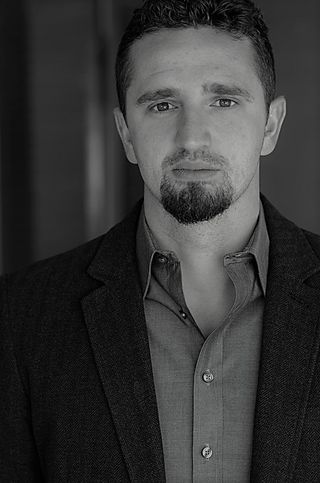Relationships
Why Combat Vets Love Jordan Peterson
The need for benevolent monsters.
Posted February 22, 2018
“I turned myself into a monster to fight against the monsters of the world”
—Earth Crisis, Nemesis
Canadian psychologist Jordan Peterson has attracted a massive—and growing—fan base. Both his calm navigations when confronted by PC shakedown artists and his charge at academia to reassert itself as a vanguard of fact over feeling and rationality over political climate have resulted in substantial praise.
While Dr. Peterson’s views are praised by various people for various reasons, and while his core following may be men ages 20 to 30, many men in their 30s and 40s who are combat veterans have found a public intellectual who asserts at least one position that speaks to the very heart of their being.
This position was exemplified recently on his fourth podcast with Joe Rogan. Peterson referred to those with strength of character and who are “able to put up a fight” as monsters. Rogan slightly disagreed with Peterson’s choice of words. Upon clarification there was some equivocation about the importance of the term, but one thing remained clear: Peterson believes a person should strive to become formidable.
The process seems to go as thus: Become formidable, often with great struggle. Once achieved, realize you are a monster…but a monster only insofar as your capabilities have become extraordinary and your potential to exert force has magnified. It is this realization that is perhaps the most important of all: The world needs what we may call, and Peterson may too, benevolent monsters—the self-contained and orchestrated—to combat malevolence that’s here, whether we want to acknowledge it or not.
Realizing this—perhaps to some admitting this—strikes a chord with those who have harnessed their own monster within to perform and survive in armed conflicts. Semantics aside, Peterson drags into the full light of day what many military and veteran personnel know firsthand: in all people there is an energy. This energy can grow into awesome forces of good or ill. The crucial detail here is no matter the outcome, this energy, in fact, remains much the same. It is through discipline and ingesting the right moral framework that a person will become one or the other. Those capable of these extremes are beckoned, by their own self-care as much as their society, to train their potential to face these darker elements.
Rogan was right, though. Peterson is neither “dark” (as Peterson has referred to himself) and the word “monster”, as it rings intuitively in our ear, doesn’t fit as well as other words could. But Peterson choosing these terms is especially worth noting. My stab at why he self-ascribes this terminology stems from his fondness of George Orwell.
The late Christopher Hitchens, who shared Peterson’s belief in fiercely defending free speech, and who some would call an Orwellian scholar, stated that Orwell understood the evils of fascism and communism in their formative years—because he understood totalitarian potential within himself. Perhaps through Peterson’s career, mixed with what seems to be an innate disposition toward intensity, Peterson recognizes the potential for tyrannical rule and corruption within us all. By directly facing this within himself, he has harnessed this energy and spent a lifetime dedicated toward benevolent ends.
Yeah, facing this energy, choosing to fight chaos, and at least striving to be a tool of positive change, everyone—and especially a combat vet—has a true friend and luminary, one who acknowledges fully a specific inner struggle as well as how important it is to the individual—and to society—that we conquer it.

David Rose is a former Recon Marine and veteran of the Iraq war. He holds a master’s degree in Philosophy of the Social Sciences from the London School of Economics & Political Science. He is also the author of military-themed works No Joy and From Sand and Time.


